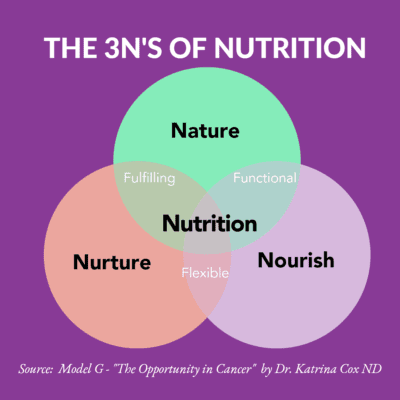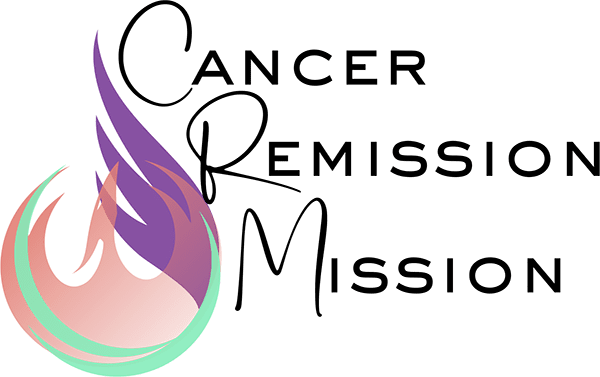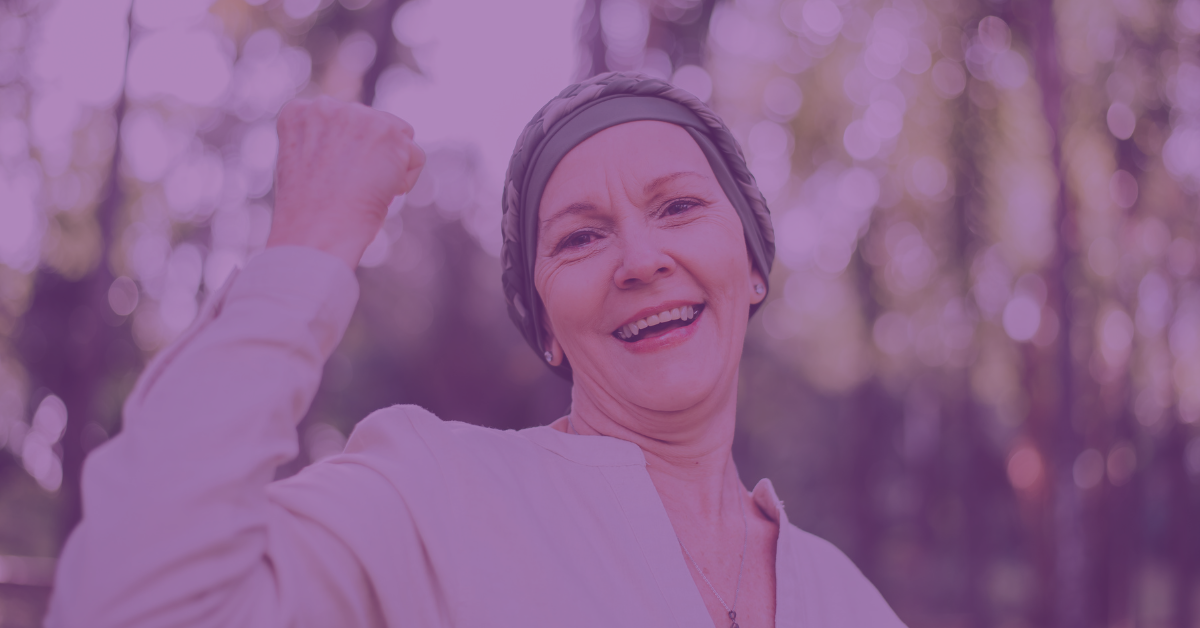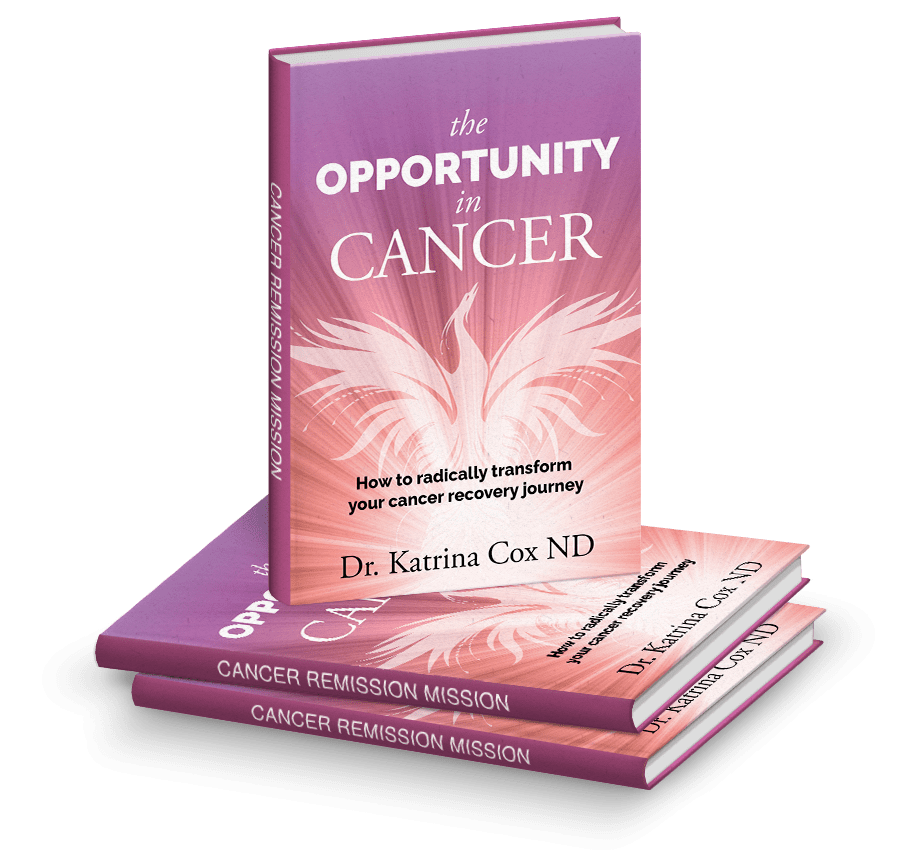Nutrition and healthy eating is a long game. How we eat today benefits our long-term health, including reducing the risk of cancer recurrence. But… should weight loss be part of the discussion? In this post, I am going to share my experience and insight on the topic, to help you move beyond “fad diets”, and make a real impact on your health.
Nutrition can seem like a complicated subject. The truth is that there is a lot to consider. It is more than just calories in and calories out. Yet, social media often over-represents this concept, making it seem as though tracking calories alone is “best practice”.
Far too often I come across well meaning practitioners and content creators (yes, we live in a world where they are the same thing!) suggesting that weight management alone will reduce the risk of cancer.
The truth is that the evidence gets mis-represented and mis-interpreted.
In reality, studies show optimizing body composition, versus reducing body mass index (BMI, a measurement that shows the relationship between weight and height) is more impactful on reducing the risk of cancer recurrence. It’s not just about the weight on the scale. Instead, focusing on better body composition means we are creating a greater balance of muscle mass compared to fatty tissue.
Weight Change is a Complex Symptom
 During cancer treatment, some people lose weight, and some gain. Each person has an individual experience with their weight. Certain cancers and certain cancer treatments are more associated with weight change than others. Symptoms and side effects, like nausea, decreased appetite and early fullness can put someone at greater risk of weight loss, whereas, steroid therapy (e.g. methotrexate, dexamethasone) can be more weight promoting.
During cancer treatment, some people lose weight, and some gain. Each person has an individual experience with their weight. Certain cancers and certain cancer treatments are more associated with weight change than others. Symptoms and side effects, like nausea, decreased appetite and early fullness can put someone at greater risk of weight loss, whereas, steroid therapy (e.g. methotrexate, dexamethasone) can be more weight promoting.
In the clinic just last week, I had a patient who needed to be on a long-term dose of steroids in order to manage getting through chemotherapy. She had started showing the signs and symptoms of steroid overuse. The steroids are part of a bigger treatment regime and were required in order to get the most from her treatment. However, she started gaining weight, some of which was fluid retention. She was starting to feel joint stiffness and achiness, as well as changes in her blood sugar regulation and sleep patterns. Unfortunately, the message she was hearing from her cancer team was that all of these issues were a result of her weight gain. She blamed herself for gaining weight, which unfortunately is a common response.
When she came into my office just before her last chemo treatment, we had the opportunity to talk about her weight gain and these issues as a side effect of the steroid treatment, rather than anything she had done. She was so overcome by this revelation that she began to cry. She truly believed that it was because she had failed to eat properly.
There can be a lot of mixed messages throughout the cancer journey. For this patient, she was being told to ensure she is getting enough calories to make sure she didn’t lose weight during treatment, which would compromise her recovery. However, she equally felt shame that her eating had gotten “out of hand” causing her to gain weight, which also seemed to be compromising her health.
We decided the best plan was to throw away any old thinking around food, and create a more balanced approach that worked for her.
We needed to talk about body composition. This meant looking at nutrition to both sustain the body, but also to improve lean muscle mass. This was a huge breakthrough. Up until that point she truly felt that if she wasn’t able to lose the weight and find that new reset point, that she was compromising her health.
This is where I talk to cancer survivors in terms of moving beyond these dietary fads and BMI. Instead looking at long-term health and strategies that have a real impact.
A Balanced Approach to Eating
 In my last blog posts in this series, I shared the 3 N’s of Nutrition. The keys to making sure those 3 N’s work is making sure that the 3 F’s are adhered to.
In my last blog posts in this series, I shared the 3 N’s of Nutrition. The keys to making sure those 3 N’s work is making sure that the 3 F’s are adhered to.
Functional – Can you make it every day? Do you have enough time to connect with it? It doesn’t make sense to be cutting and all these vegetables and juicing them if it’s just labor intensive and it’s not gonna work for you.
Fulfilling – Do you feel satisfied after eating? If you have a sweet tooth, but deny yourself those foods that you truly enjoy, you will find yourself unfulfilled by your meals. It doesn’t have to mean giving into every craving you have. Rather satisfying those cravings intentionally and in a way that does not lose sight of your goals.
Flexible – Every day is not the same. Do you have time every day to stand over the stove in order to make sure that we’re making the food that we need? Do we have all of what we need in terms of your access to food?
In cancer recovery, weight loss for weight loss’ sake alone is not going to have good long-term health outcomes. In fact, dieting increases the likelihood of subsequent weight gain (aka. Yo-yo diets).
Care should be taken when considering any information about weight loss being a positive impact on cancer recurrence. Weight loss alone in those in cancer treatment or post-treatment can cause cachexia (loss of lean muscle mass, as well as fat mass), which is associated with poor health outcomes, such as increased risk of infection, poor wound healing and fatigue. For this reason, our approach to eating during cancer recovery needs to prioritize maintaining and building lean muscle mass.
Optimizing body composition
How do we improve body composition?
Release diet culture thinking. Health comes in many different shapes and sizes.
Focus on balanced nutrition. That means focusing on those 3 N’s – Nurture, Nature, Nourish.
Protect and build lean muscle mass – Make sure you are eating enough protein (e.g. include meat eggs, nuts or legumes at each meal) and including even small amounts of resistance exercises on a regular basis (3-5 times per week).
Of course, these are general guidelines. If you are struggling with long-term symptoms or side effects of treatment that are impacting your appetite or ability to eat, it is wise to get support from someone who specializes in dietary strategies in cancer recovery for a tailored approach to meal planning.
Nutrition can be a powerful tool in supporting our future health. Most importantly it is about choosing a way of eating that is right for you and keeping a balanced perspective on how those food choices fit into your life.
If you are ready to dig in deeper, learning about the cancer remission journey and supporting better health, be sure to grab a copy of my book, The Opportunity in Cancer.




